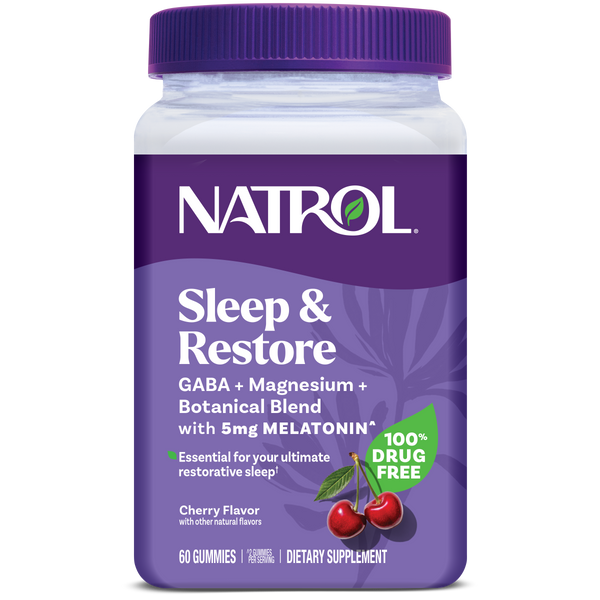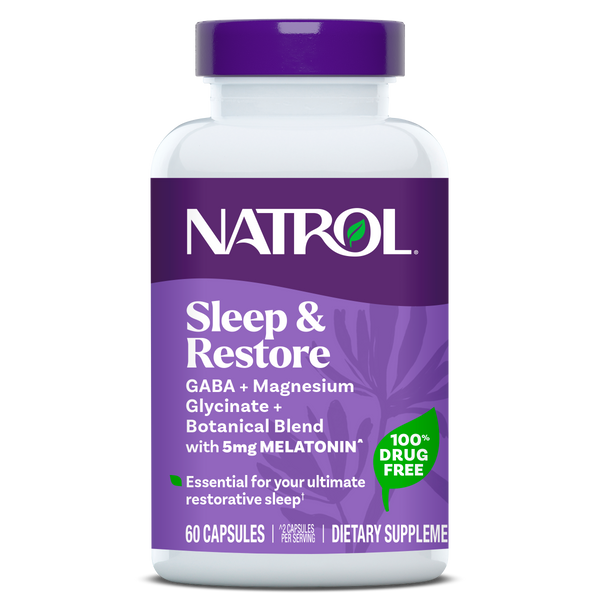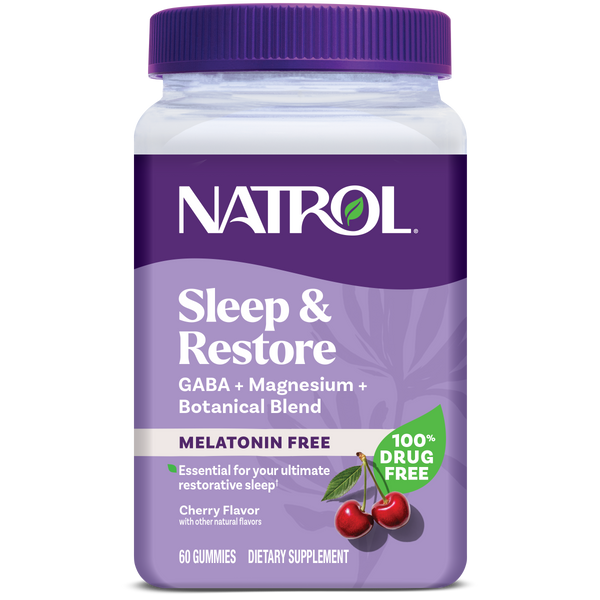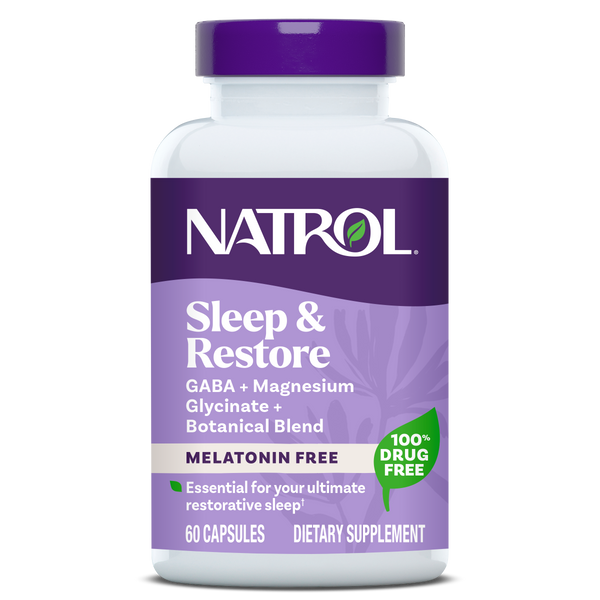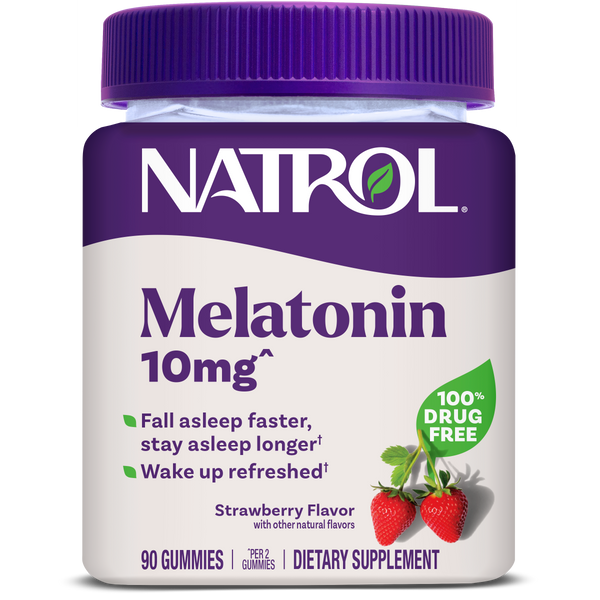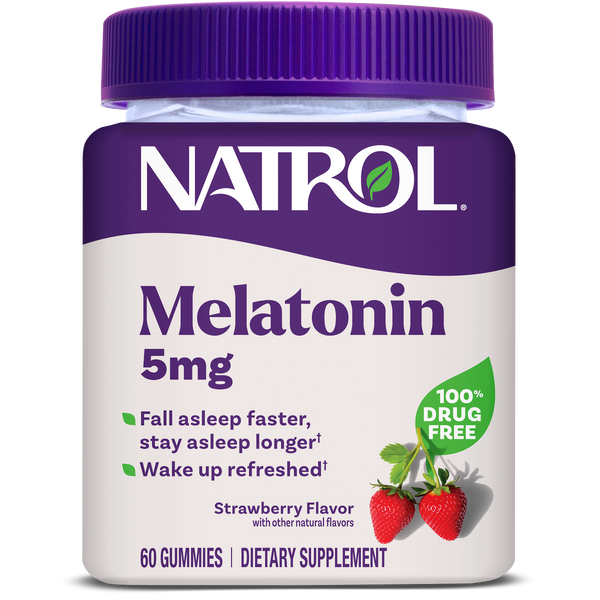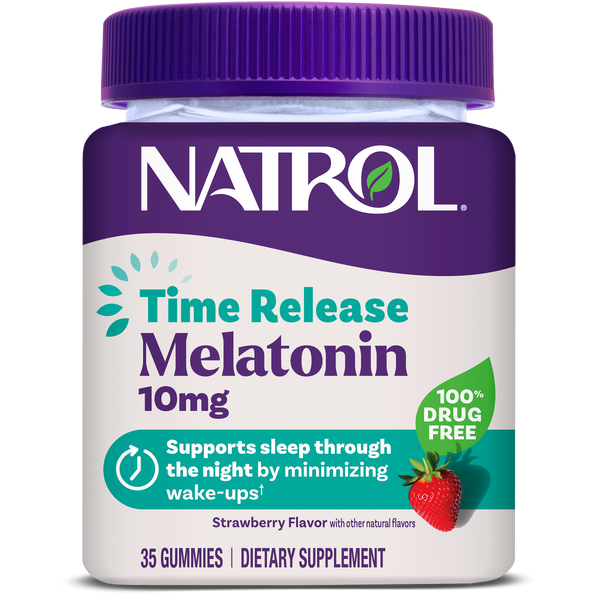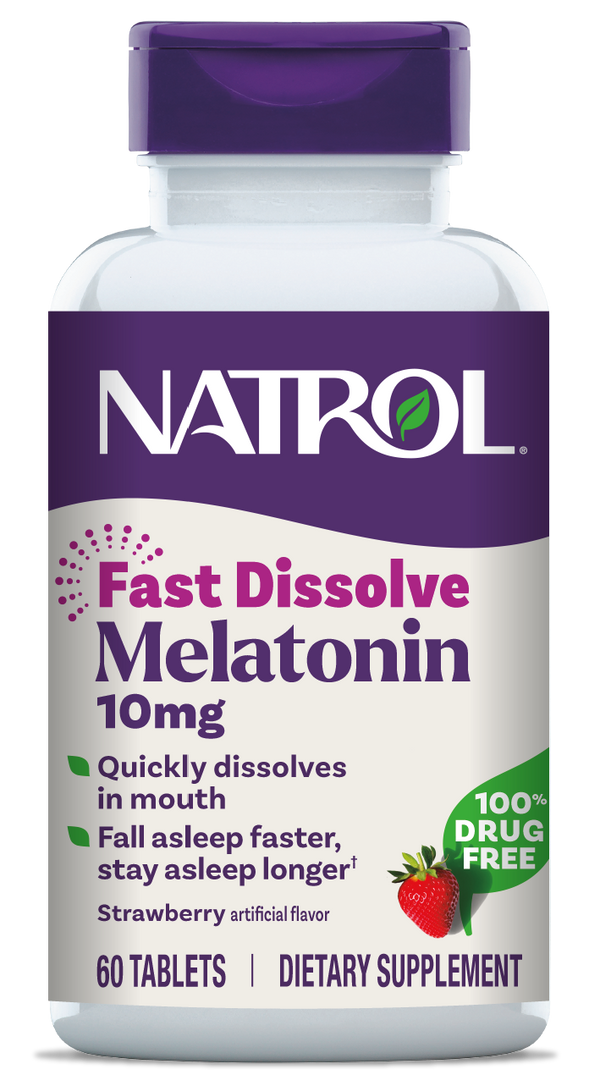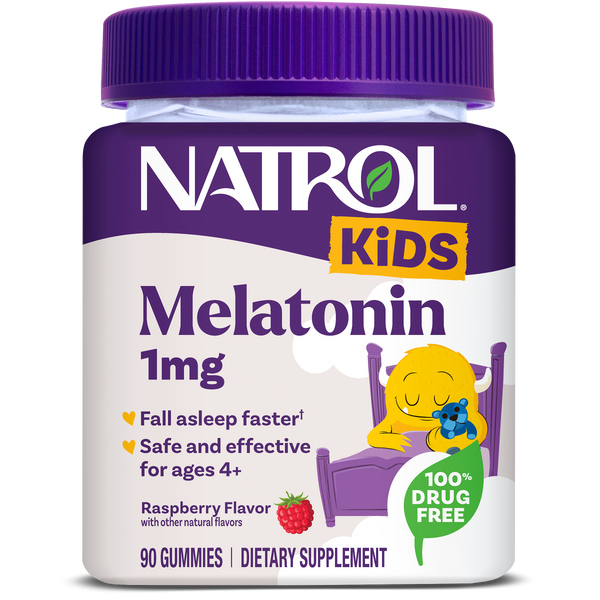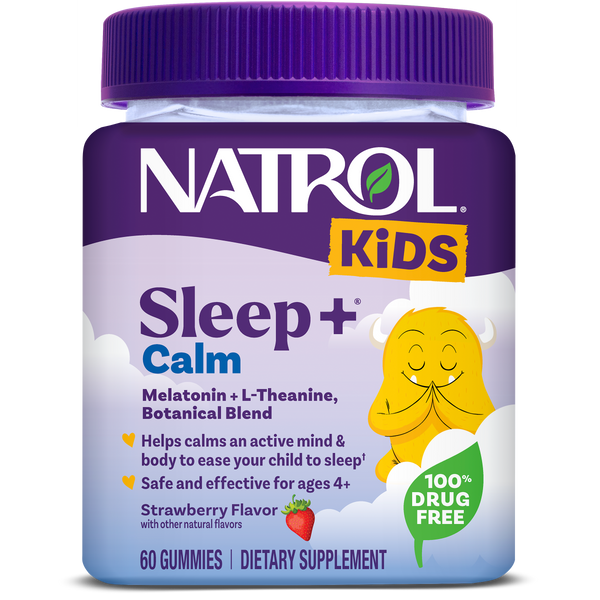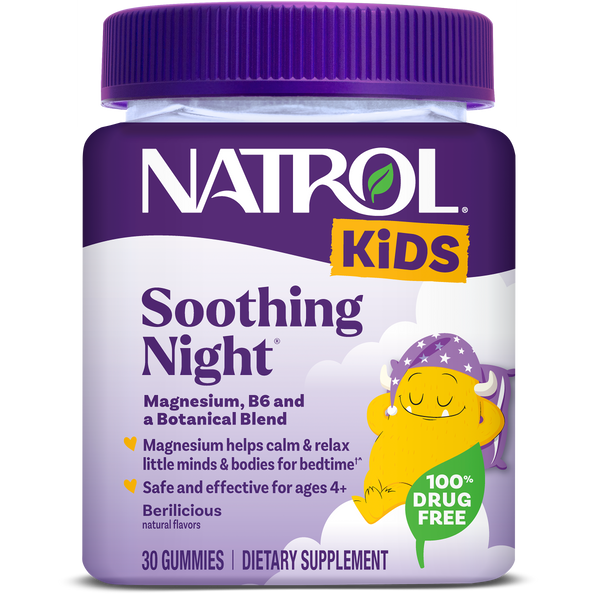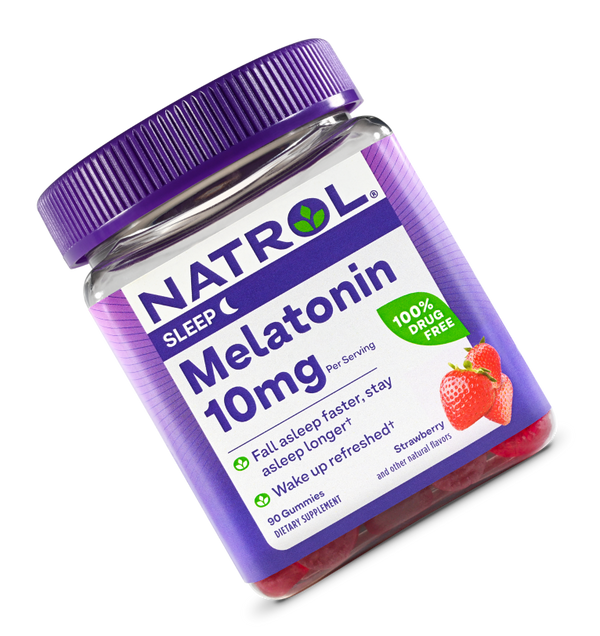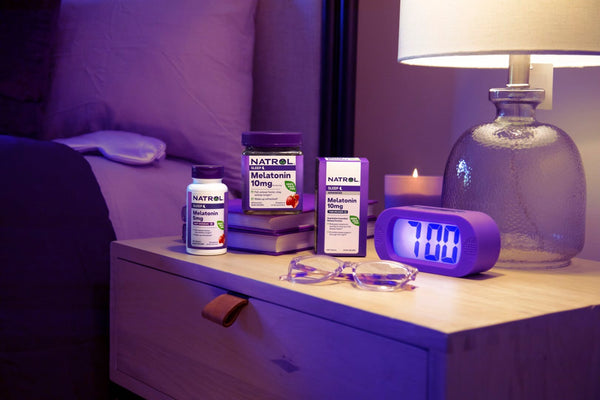What are Circadian Rhythms and Why are They Vital to Overall Health & Wellbeing?
While we may not realize it, a clock in our brain is working 24/7 to ensure that our internal systems are running in synchrony with each other and with the external environment. This internal clock regulates all the daily processes in our body through cycles known as circadian rhythms.
Circadian rhythms exist in a variety of vital processes such as sleep, alertness, cognitive performance, body temperature, blood pressure, stress hormones and more. Given how vital circadian rhythms are to overall health and wellbeing, understanding the role and function they play in your everyday life can maximize healthy living and allow you to be in tune with your body’s needs.
What are Circadian Rhythms?
Stemming from the Latin words "circa” (meaning "around”) and "diem” (translating to "day”), circadian rhythms are defined as 24-hour cycles, seen in daily sequences such as alertness and sleep. Circadian rhythms shift their timing in response to natural light changes in your environment. Think of them like your body’s very own day-to-night, internal clock!
Circadian Rhythms & the Sleep-Wake Cycle
When you hear the term “circadian rhythm,” it’s mostly in reference to getting good sleep, so what does that really mean? Circadian rhythms regulate the timing and quality of your body’s natural sleep-wake cycle. During the day, light exposure causes our internal clock to send signals that generate alertness and help keep us awake and active. At night, the internal clock initiates the production of melatonin, a hormone that promotes sleep and transmits signals that help us to stay asleep throughout the night.
A consistent sleep-wake cycle promotes restorative sleep and is arguably the most important rhythm to our overall health, as getting adequate sleep each night sets us up for the rest of our daily processes and rhythms to function accordingly.
When you’re not getting adequate sleep, or your sleep patterns are inconsistent, your biological clock is thrown off track and this can result in sleep, mood and metabolic disorders. Some common external factors that cause disruptions to our sleep cycles include travel and changing time zones, late night and early morning shift work, late night exposure to light (specifically blue light from our phones, TVs, laptops and screens) or late-night caffeine. Disorganized sleep habits such as staying up late and waking up early or sleeping in late throughout the week also disrupts this cycle.
How to Maintain a Healthy Sleep-Wake Circadian Rhythm
To maintain a healthy sleep-wake circadian rhythm, there are various habits you can incorporate into your daily routine to set yourself up for a successful night of restorative sleep.
- Set Consistent Sleep and Wake Times: As much as possible, go to bed and wake up at the same time each day. Setting up a regular sleep-wake schedule can help the body adjust naturally and encourage alertness and tiredness on time.
- Limit Evening Light Exposure: If you are exposed to bright light before bedtime, it can be hard to wind down as the light tells our body that it’s still daytime. Consider dimming your light exposure 30 to 60 minutes before bed to signal to your body that it’s time for sleep.
- Use Morning Rituals: Prioritize natural light exposure first thing in the morning to help reset your body’s sleep-wake pattern and stimulate alertness. Go for a walk, open up your shades or eat breakfast by a window to kickstart your day and spark your daytime rhythms.
- Get Light Exposure During the Day: When possible, try to go outside for at least 20 minutes every day. Exposure to daylight can greatly improve your mood as well as help you sleep better at night. If going outside is not feasible, try to sit near a window to receive natural light for at least 20 minutes a day.
- Move Your Body: Consistent, daily exercise is important for boosting the quality of your sleep-wake circadian rhythms. Going for a morning walk, lifting weights or doing yoga can help you reap the benefits of moving your muscles, getting more sunlight and resetting your body’s internal clock for a better night’s sleep.
- Set a Bedtime Routine: A short and simple bedtime routine can be a helpful way to ease your body away from daytime alertness into nighttime sleepiness. Anything quiet, calm and relaxing in dim light, and ideally without electronics, is the goal.
- Prepare to Adjust Slowly: If you want to shift your sleep schedule earlier, do it slowly. Adjust your sleep time and wake up times to be 15 minutes earlier every one to two days so that your body can become more accustomed to the new routine. Circadian rhythms take time to shift so go slowly.
- Try Melatonin to Reset: Try taking 3-5 mg of melatonin 30 minutes before your desired bedtime to help you fall asleep and facilitate restorative sleep. Taking melatonin can help some people shift their circadian rhythm to a desired sleep-wake cycle. Natrol offers a wide range of melatonin products to choose from that may help you adjust and stabilize your circadian rhythm.
Why Is Your Circadian Rhythm Important to Understand
Understanding circadian rhythms is essential for maintaining overall health and wellbeing – especially when it comes to sleep. Our sleep-wake circadian rhythm influences our restorative sleep pattern, a vital element to our daily health as it sets up the rest of our bodily processes to function properly during the day.
When circadian rhythms become disrupted, whether due to a disorganized sleep schedule, excess travel or not spending enough time outdoors, it can increase the risk for various health problems, including cardiovascular disease, cancer, obesity and depression.
To maintain healthy circadian rhythms, the key priorities are to keep a consistent sleep schedule, go outside in the daytime, reduce your evening light exposure and exercise consistently. If you need additional support to adjust your circadian rhythm, check out Natrol's melatonin solutions today.
For more background on this blog post, check out Natrol’s Scientific Advisory Board web page, complete with the notable individuals and sleep experts helping our brand to further understand and meet best industry standards.






